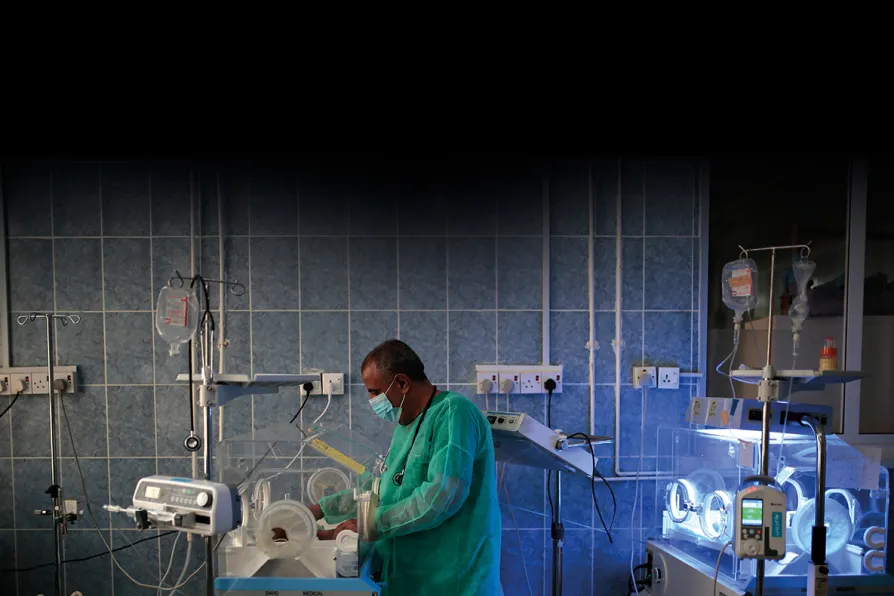Speakers in Berlin traced how Germany’s rearmament, US-led violence abroad and the repression of solidarity at home are converging in a dangerous drive toward war. BEN CHACKO reports


FOR 40 years they hurled their neoliberal dogmas at us. The financial crisis seriously shook the belief in those beliefs, but eventually the system survived. This time things are different. The coronavirus crisis and the socio-economic measures for saving the system have killed the neoliberal dogmas one by one. High time for something new.
“We are living above our means. Sorry, but there is no money.” They have taught us that for years. Healthcare was too expensive, unemployment benefits were too generous, wages were too high and there was simply no money for social or cultural matters. The government deficit and debts had to be kept as low as possible, which is why spending had to be reduced on everything.
Overnight there seems to be money indeed. Today they spend billions of euros as if they were handing out candy. A government deficit that is 18 per cent of national income, all of a sudden is possible.

RICHARD BURGON MP points to the recent relative success of widespread opposition to the Labour leadership’s regressive policies as the blueprint for exacting the changes required to build a fairer society

With the death of Pope Francis, the world loses not only a church leader but also a moral compass

Trump’s economic adviser has exposed the actual strategy: forcing other countries to provide financial support for US hegemony











